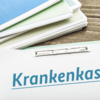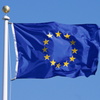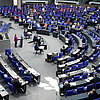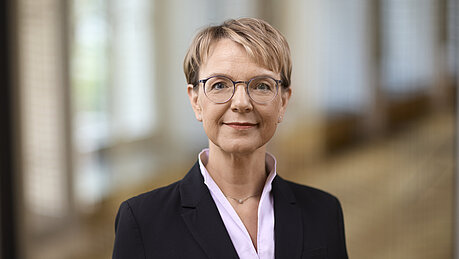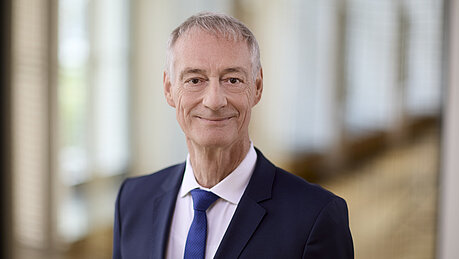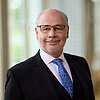Strengthening health systems – coping with the effects of Ebola
20 April 2015. Germany stands by West Africa in the region's efforts to overcome the effects of the Ebola crisis. The Federal Minister of Health, Hermann Gröhe, and the Federal Minister for Economic Co-operation and Development, Gerd Müller, recently concluded their four-day trip to West Africa.
© Copyright: Grabowsky/Photothek
SITTU_620x431
© Copyright: Grabowsky/Photothek
SITTU_620x431
© Copyright: Grabowsky/Photothek
Besuch_beim_Praesidenten_620x431
© Copyright: Grabowsky/Photothek
Besuch_beim_Praesidenten_620x431
On 10th April 2015, the two ministers ended their four-day trip to West Africa holding talks with the Liberian President, Ellen Johnson Sirleaf. In the course of their visit, Federal Minister of Health, Hermann Gröhe, and the Federal Minister for Economic Co-operation and Development, Gerd Müller assured the Ebola-stricken states of their backing for the reconstruction effort in the wake of the Ebola crisis.
Germany will be supporting Africa's development of its healthcare system, within the framework of a special programme, to the tune of 200 million euros. Liberia alone will be receiving 12 million Euros in immediate support.
The Ebola outbreak has shown us once again that 'health' must be thought of in global terms. This is why, in the context of the G7 Presidency, we will also be looking at the lessons to be learned from the Ebola epidemic. The local healthcare systems must be strengthened in such a way that they are better equipped to cope with future epidemics. This will not only help those who live in the affected states; it is also the best protection against cross-border health hazards. At the same time, we must intensify international ef-forts to combat neglected tropical diseases
The ministers were accompanied by a delegation that included, among others, Ms Dagmar Wöhrl, Chairperson of the German Parliamentary Committee on Economic Co-operation and Development, Mr Helmut Heiderich MP, Ms Bärbel Dieckmann, Chairperson of Welthungerhilfe, Mr Johannes Richert of the German Red Cross, Mr Bernd Pastors from action medeor e.V. and the Commissioner for Ebola of the Federal Government, Ambassador Walter Lindner.
The visit in retrospect:
The delegation's first destination was the Ghanaian capital, Accra. Having been spared by the Ebola epidemic, Ghana serves as a logistic base for supplying the countries most affected: Liberia, Sierra Leone and Guinea. In those countries, more than 10,000 persons died of Ebola. Economically, the epidemic set the three states back some five to ten years.
While in Ghana, in addition to the UN depot, the delegation also visited laboratory facilities, and development co-operation projects, among other things, in the area of vocational training and the manufacture of medicinal products. Furthermore, talks with government members and the current Chairman of the Economic Community of West African States (ECOWAS), State President John Dramani Mahama, were also on the agenda. In the course of his visit to Berlin in January, President Mahama had expressed his support for a six-point plan put forward by Federal Chancellor Angela Merkel on the lessons to be learned from the Ebola crisis.
On Thursday and Friday, the delegation visited Liberia. In addition to talks with helpers in the fight against Ebola, the ministers visited a hospital in the capital Monrovia. They also met with Ellen Johnson Sirleaf, the Liberian State President who had been distinguished with the Nobel Peace Prize for her contribution to ending the civil war.
Additional information
-
G7-Presidency
Overview page on the German G7-Presidency
-
Lessons learned from the Ebola crisis
Article about measurements to improve international health crisis response efforts
-
More assistance in combating Ebola
Article about the search for medical personnel to assist in the fight against Ebola
-
Our response to the Ebola epidemic
Website of the Federal Ministry for Economic Cooperation and Development
-
Article "White helmets against Ebola"
Website of the Federal Government









